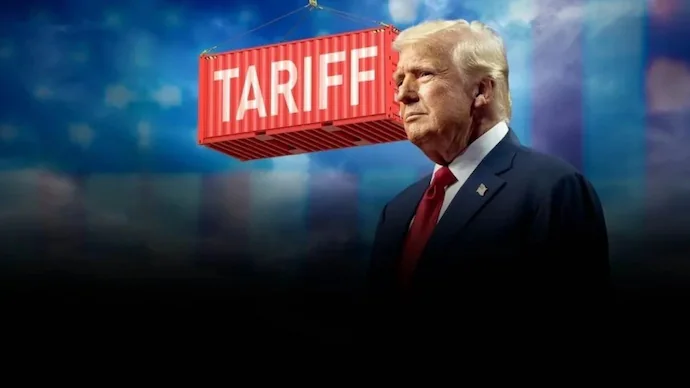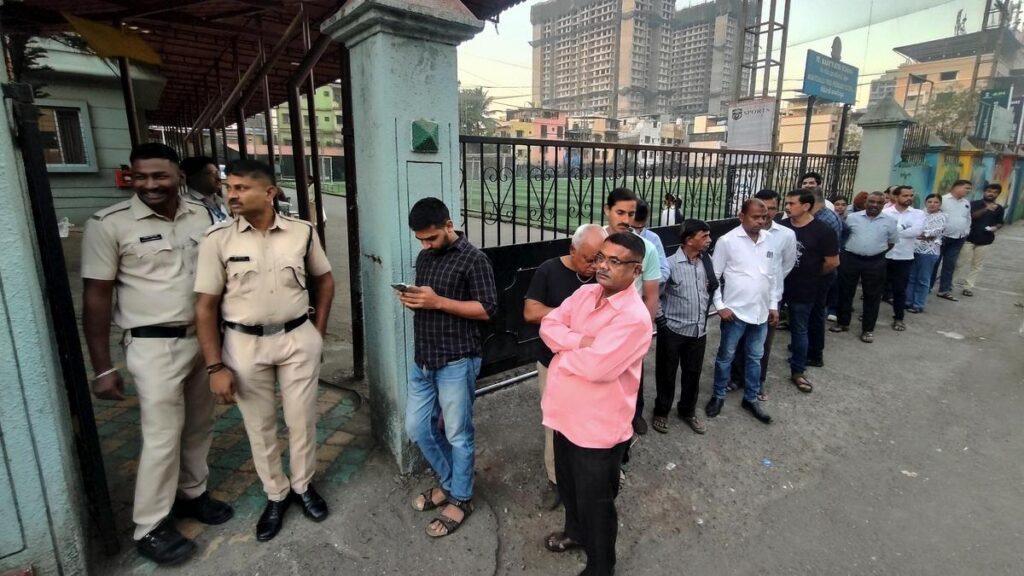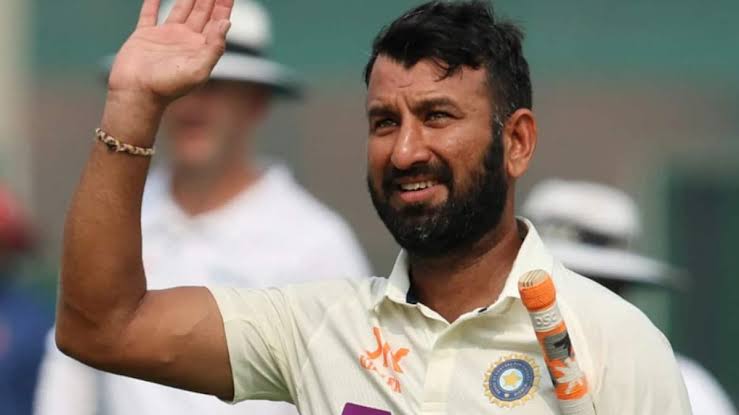Now Reading: Trump Administration Notifies India of Additional Tariffs Amid Russia-Related Concerns
-
01
Trump Administration Notifies India of Additional Tariffs Amid Russia-Related Concerns
Trump Administration Notifies India of Additional Tariffs Amid Russia-Related Concerns

The United States has informed India about the possibility of imposing additional tariffs, linking the move to its concerns over global trade and security issues involving Russia. The notification has come with a clear deadline, urging India to take note of Washington’s evolving trade stance. For India, which maintains significant economic relations with the US, this development poses both immediate challenges and longer-term considerations for its trade strategy.
The US administration under Donald Trump has been vocal about recalibrating its global trade relations, particularly with countries seen as benefiting disproportionately. While India is one of America’s largest trading partners, the threat of higher tariffs underscores Washington’s focus on addressing what it considers “imbalances” in the current setup. This could directly impact sectors like textiles, pharmaceuticals, and agricultural products where Indian exports have enjoyed competitive advantages.
For India, the timing is crucial. With global supply chains already under stress, any escalation in tariffs could affect exporters, especially from Tier 2 cities such as Ludhiana, Surat, and Tiruppur that rely heavily on US-bound shipments. These regions have built their local economies around international markets, and sudden tariff hikes could hurt small and medium enterprises that lack the resources to absorb such shocks.
At the same time, New Delhi has sought to balance its diplomatic relations with both Washington and Moscow. India’s traditional defense and energy ties with Russia remain significant, but the US continues to be a key partner in technology, investment, and services. Navigating these crosscurrents will require India to carefully align its foreign policy without losing economic ground.
Experts believe that if the tariffs come into effect, Indian companies may need to diversify their export markets or explore domestic demand more aggressively. It could also push India to strengthen trade links within Asia and Africa, reducing reliance on the US. However, in the short term, industries tied to American markets may face uncertainty, with potential job impacts in export-driven cities.
The broader question is how India can position itself in a global trade environment where major powers are increasingly linking economics with strategic interests. For policymakers, the immediate task will be to engage with Washington and negotiate a resolution that safeguards India’s exports while keeping diplomatic channels open.
In conclusion, the Trump administration’s notification is more than a trade warning—it reflects shifting global dynamics where strategic alignments shape economic decisions. For India, the challenge lies in protecting its exporters, especially those in smaller cities, while maintaining its delicate balance between the US and Russia. The outcome of these discussions will play a key role in shaping India’s trade and foreign policy in the coming months.

























